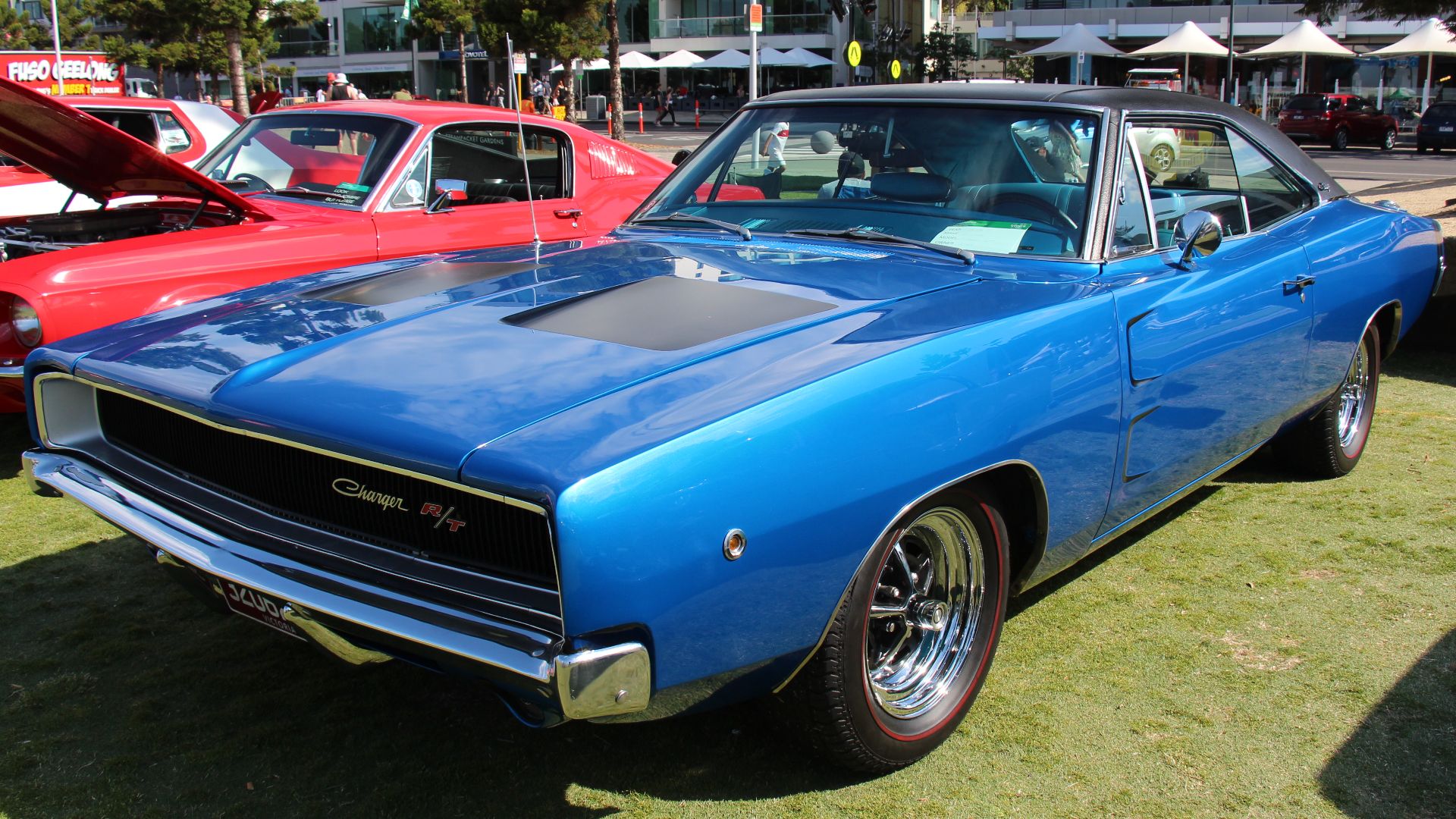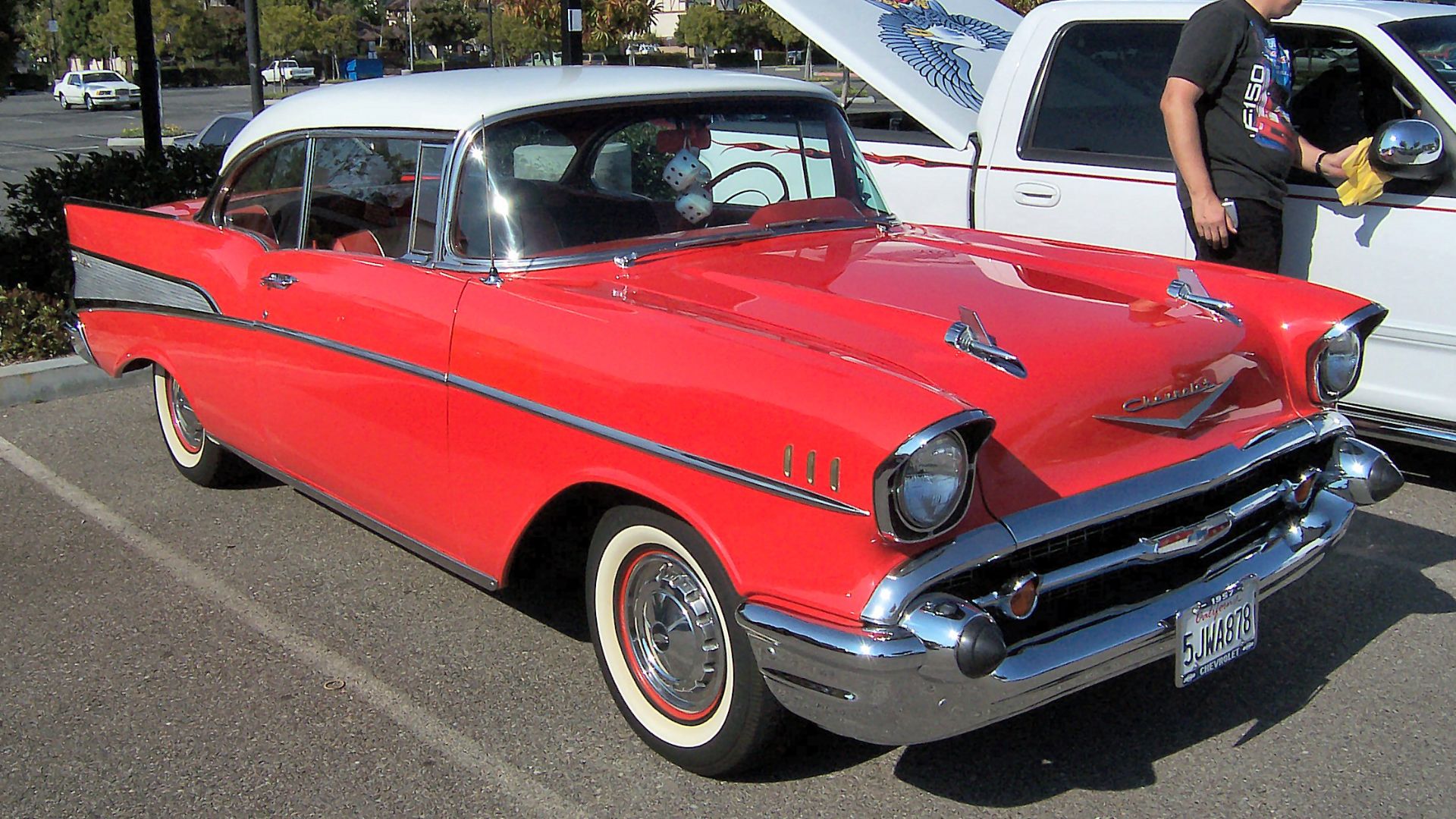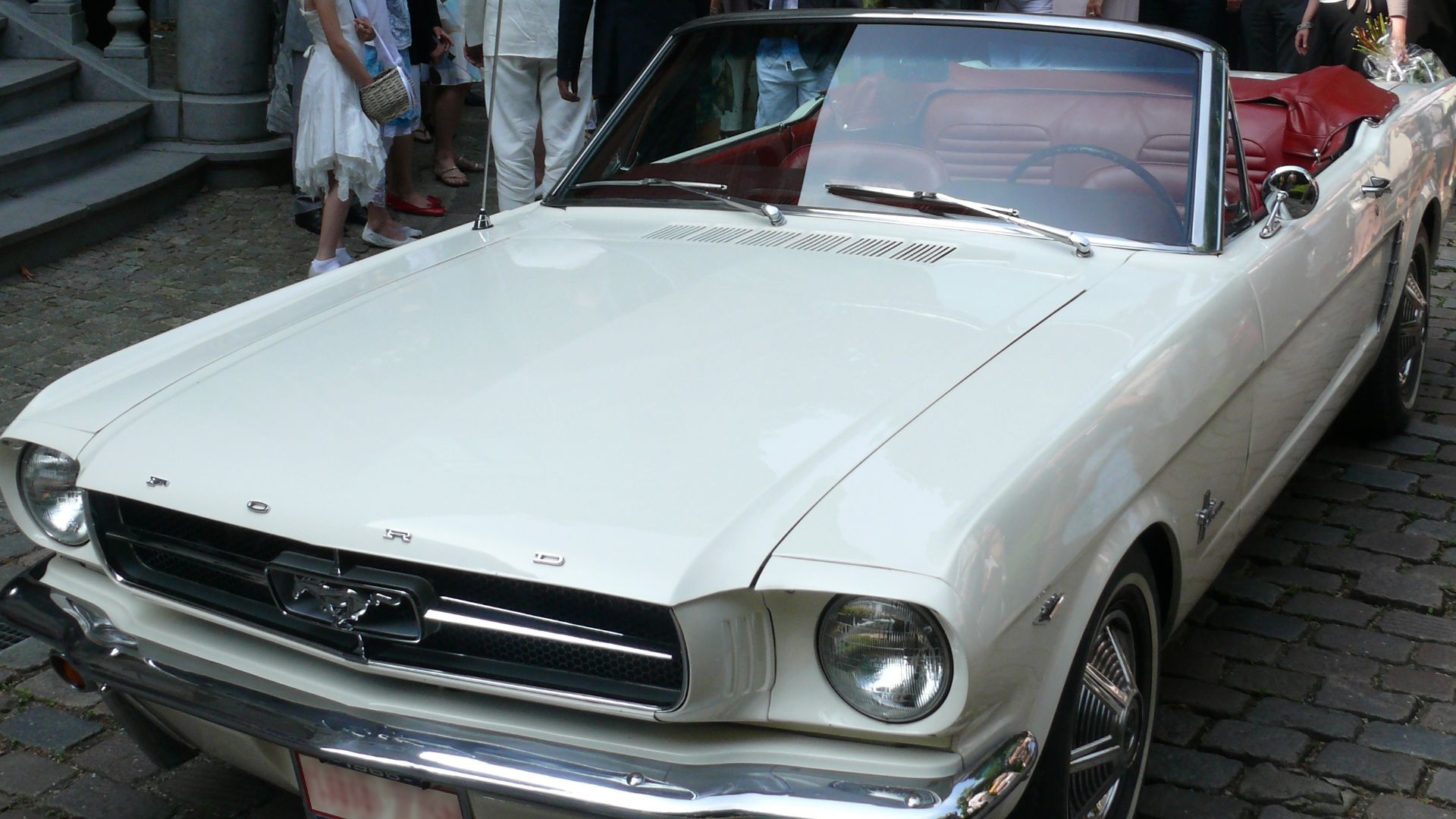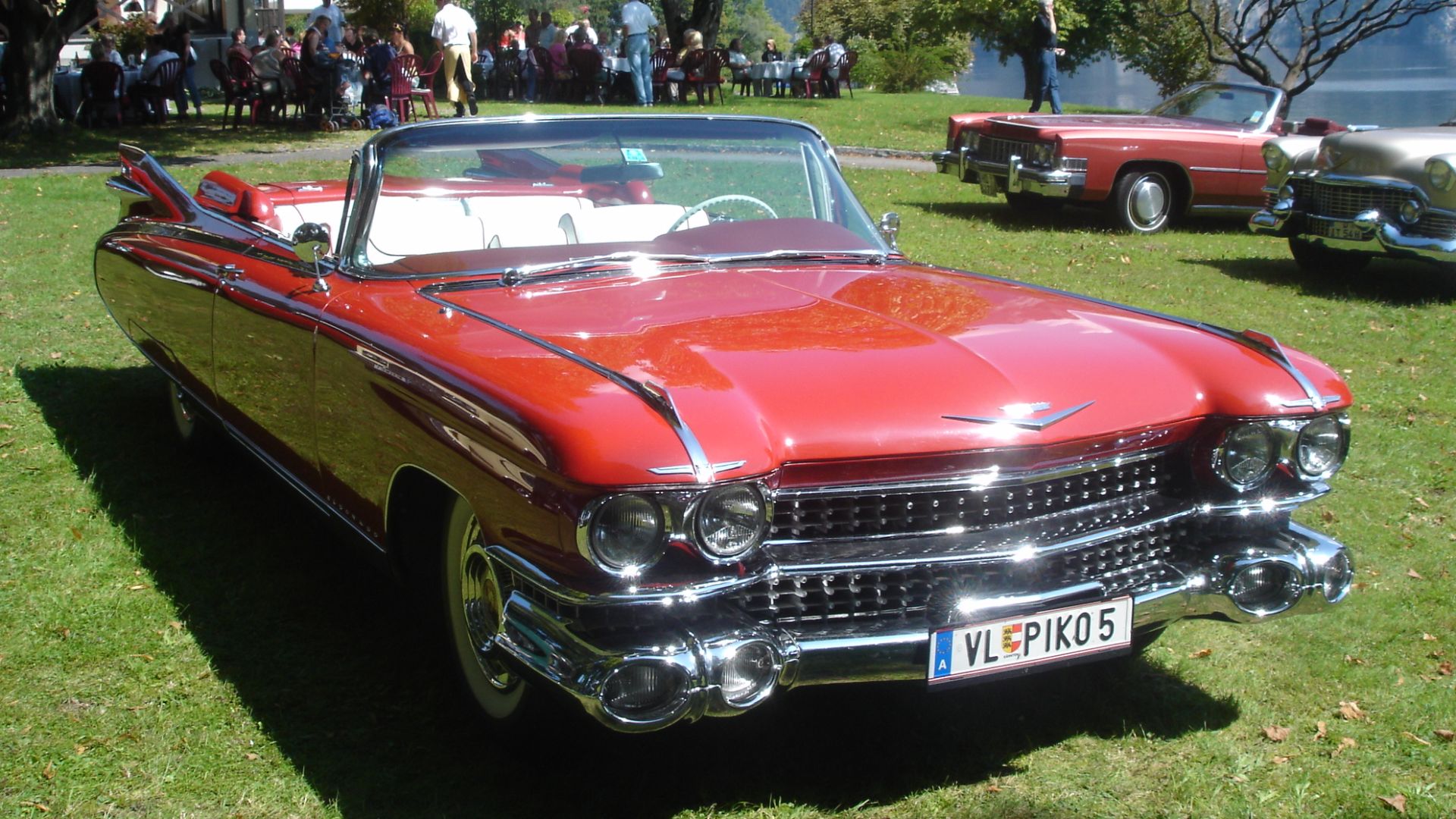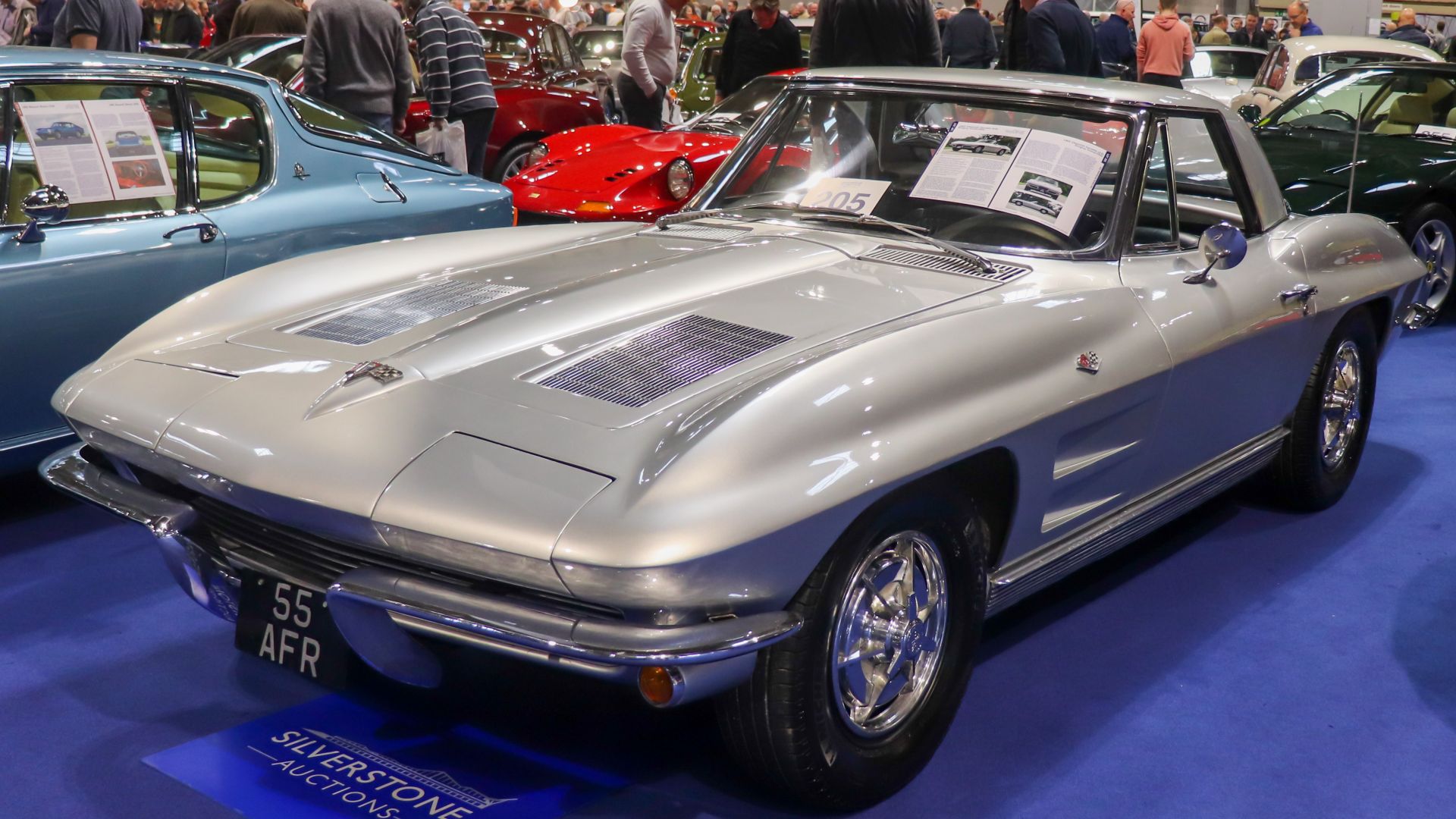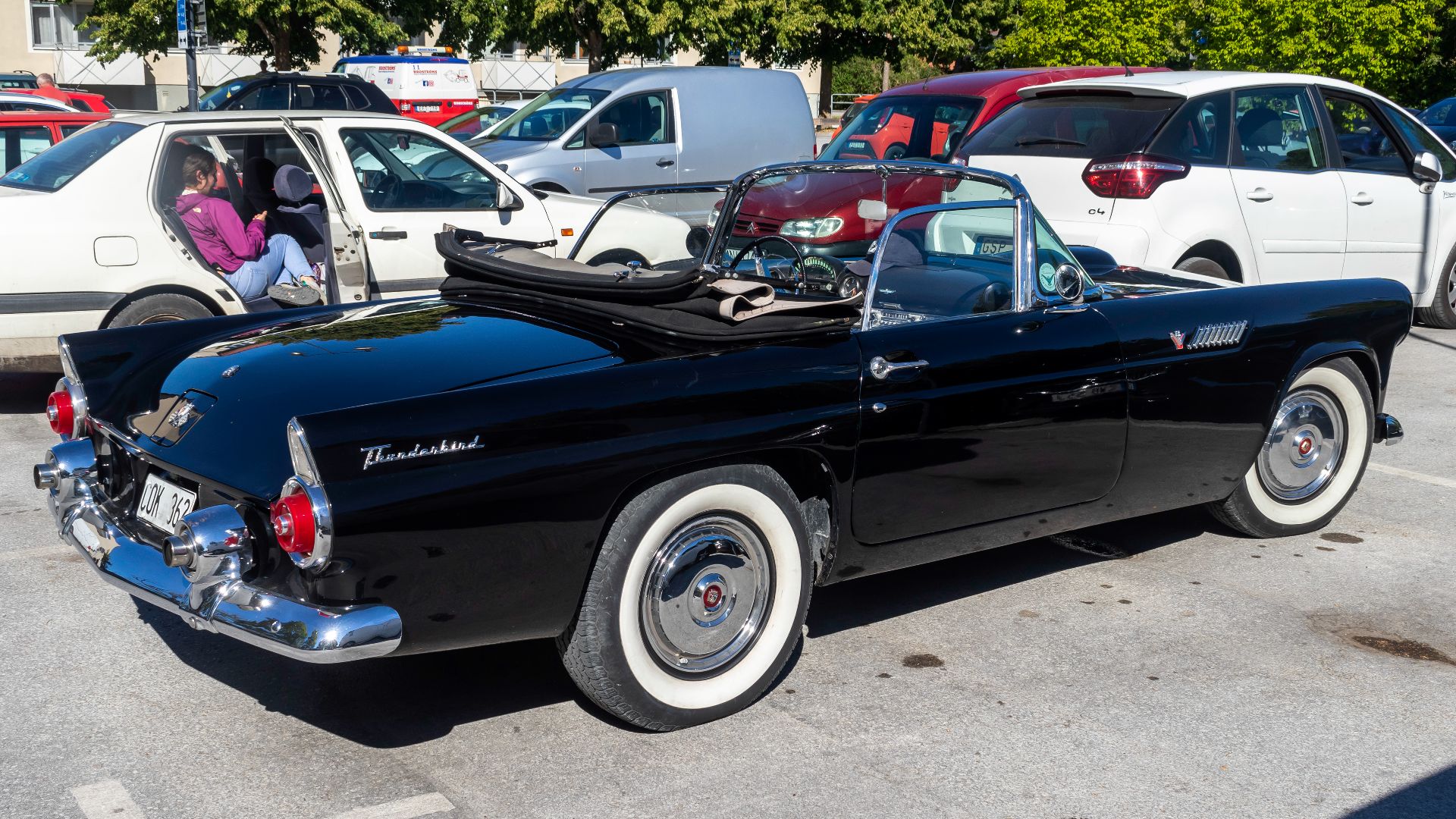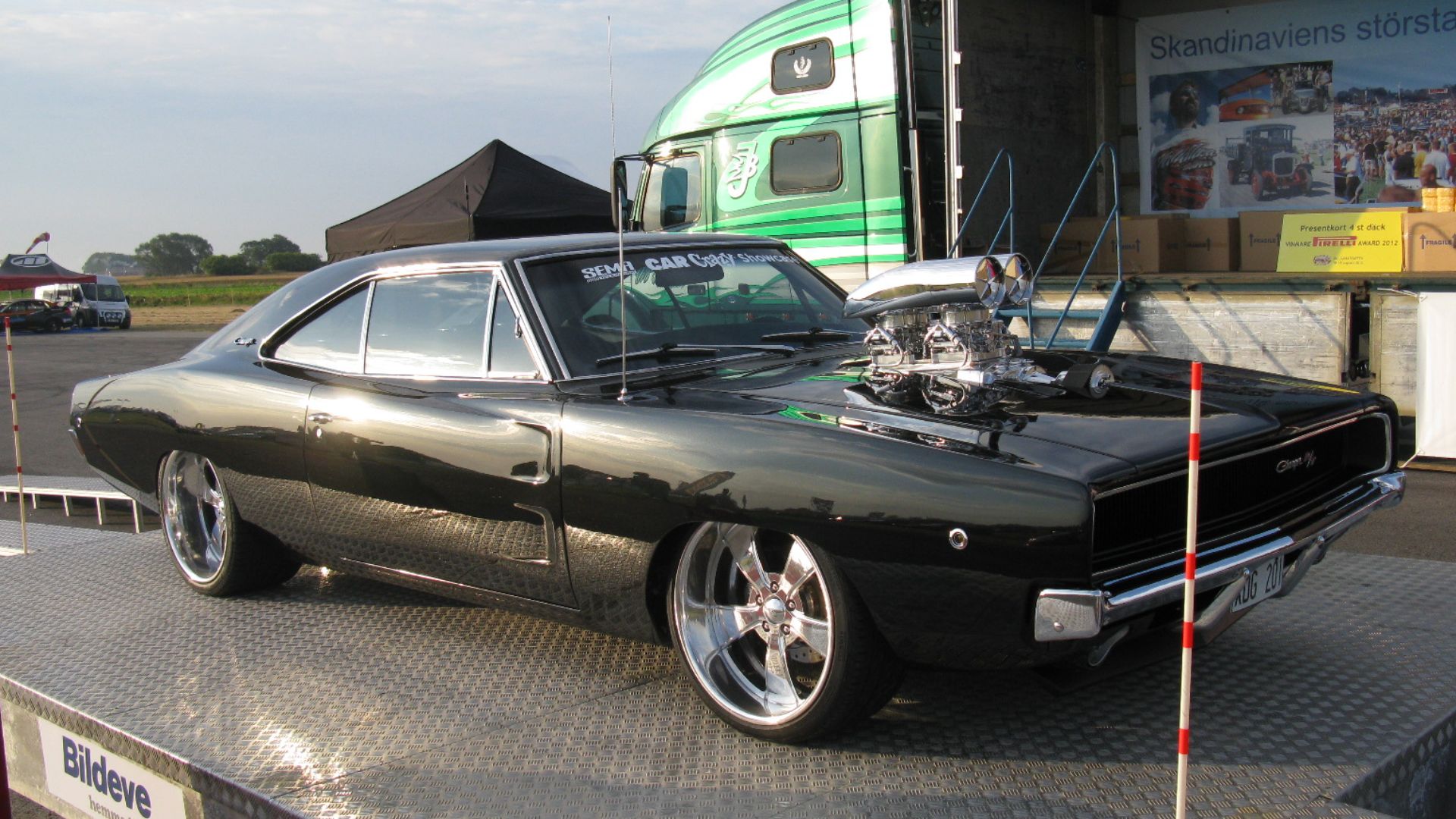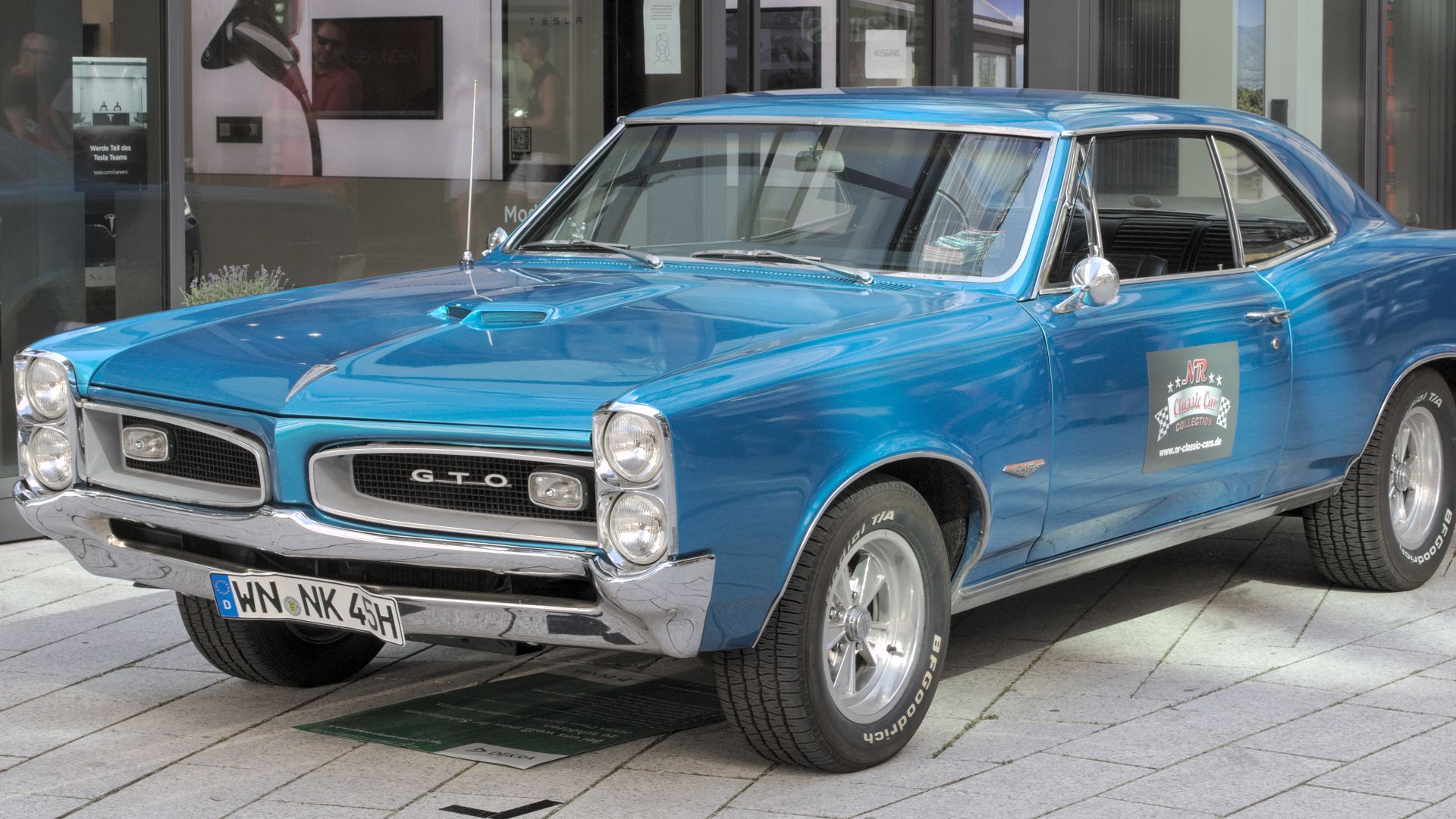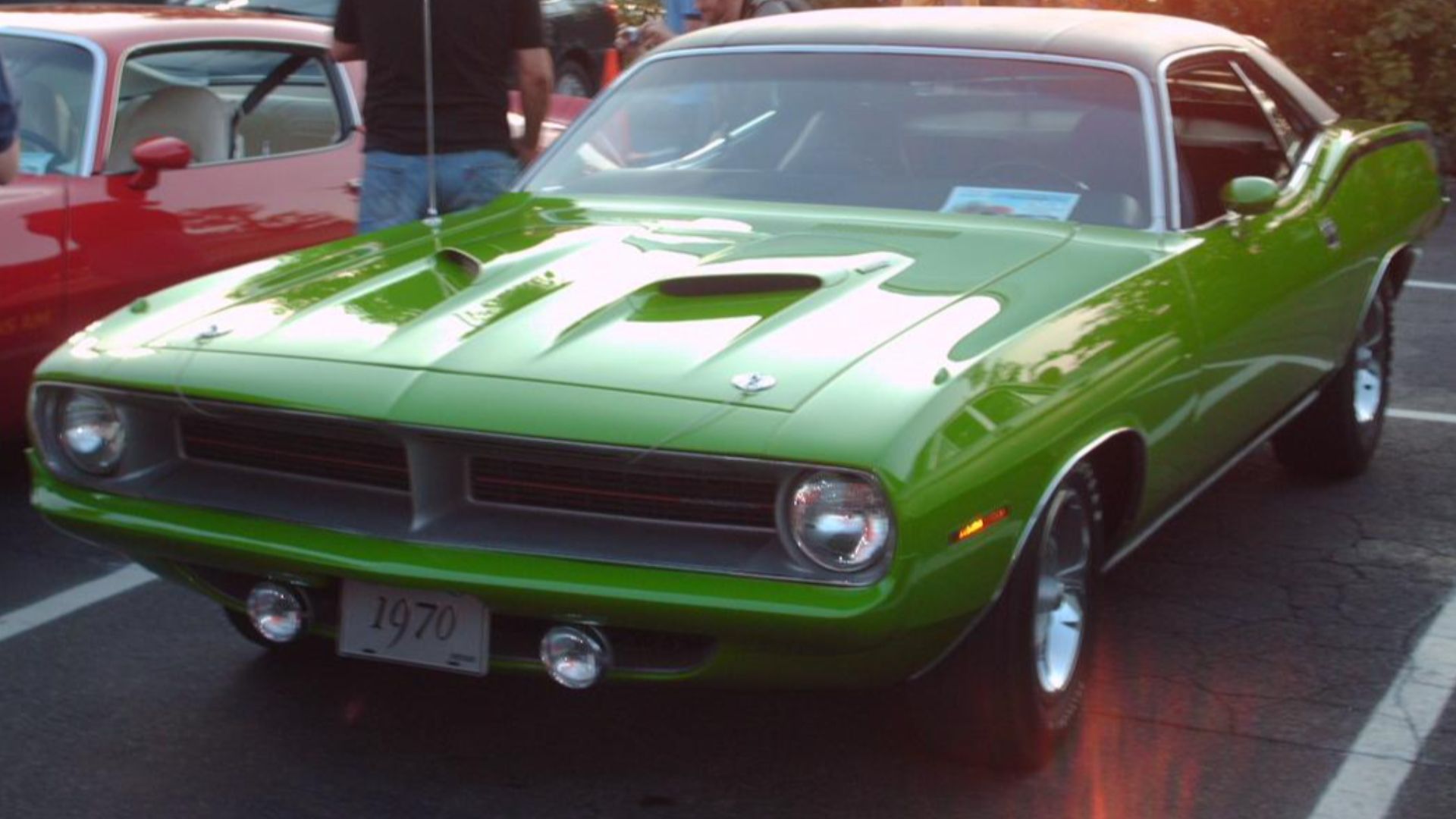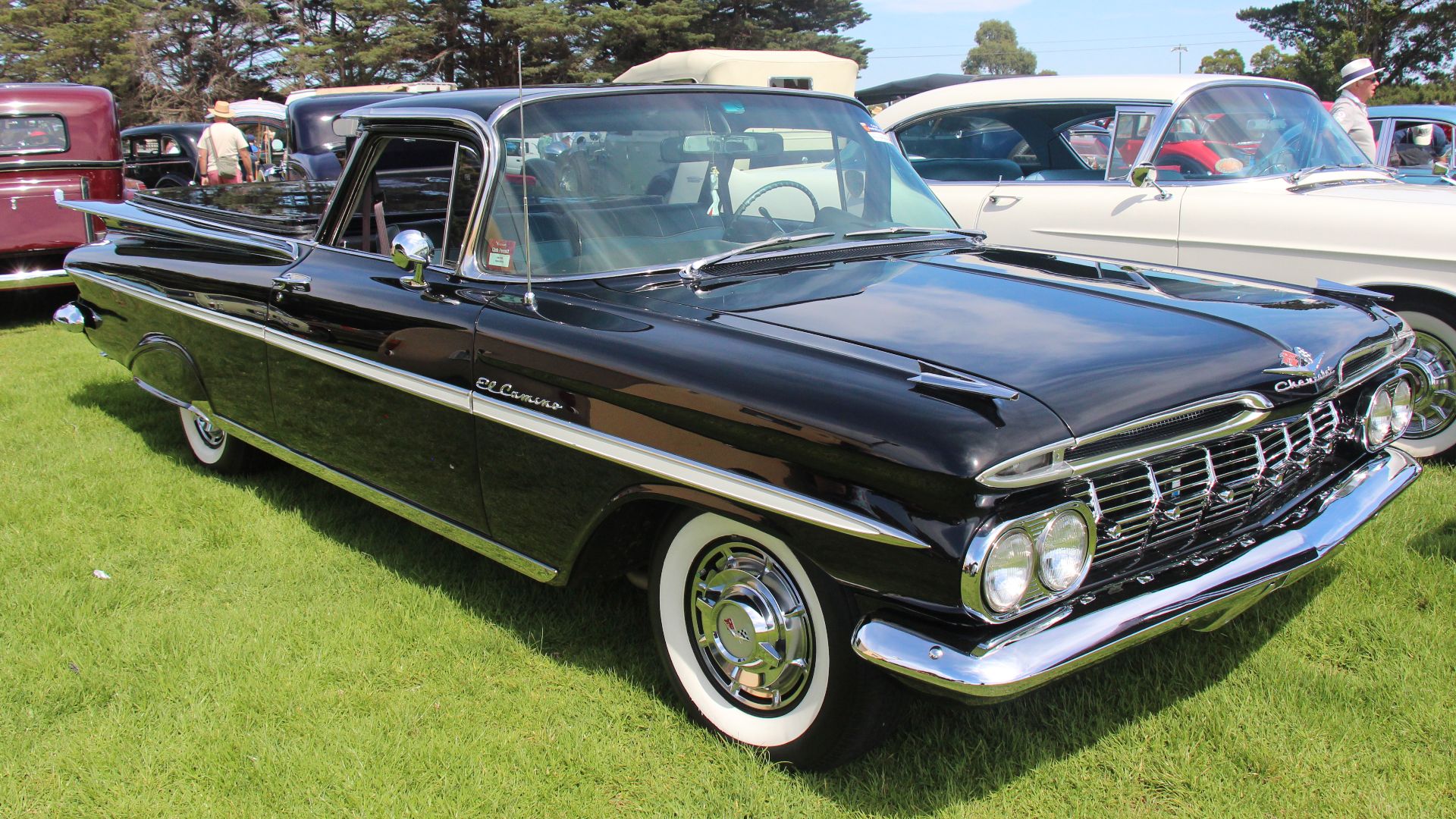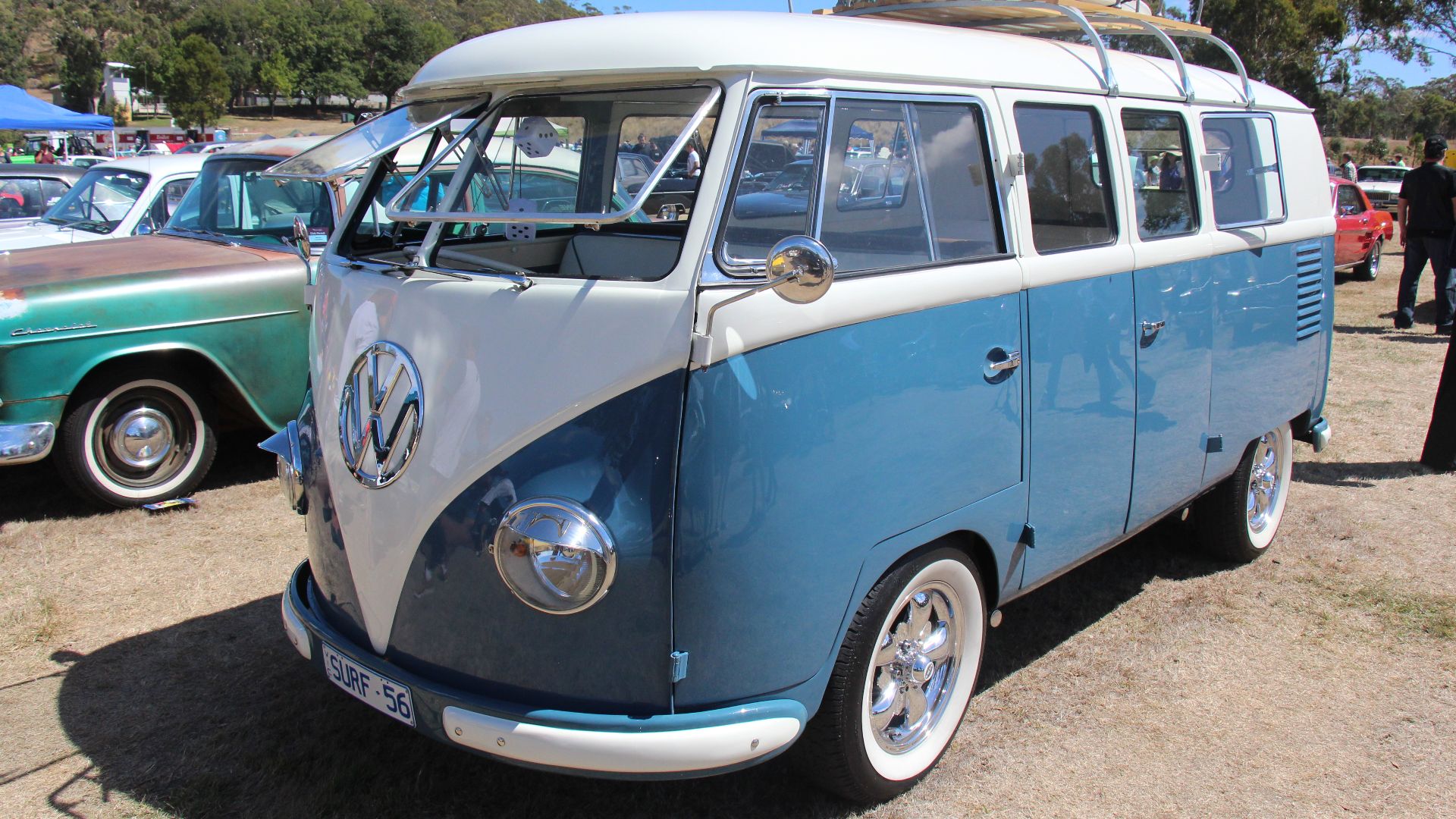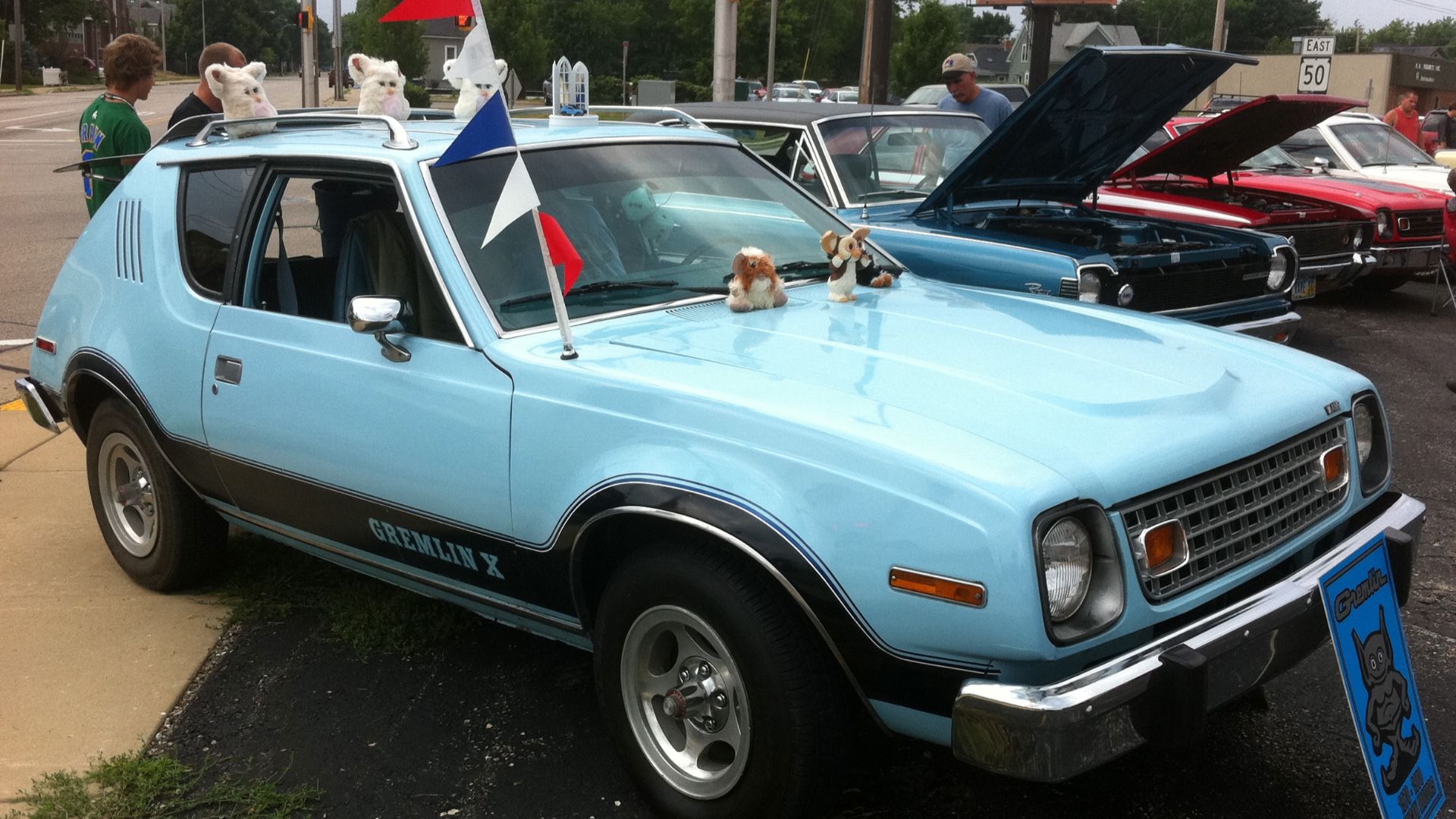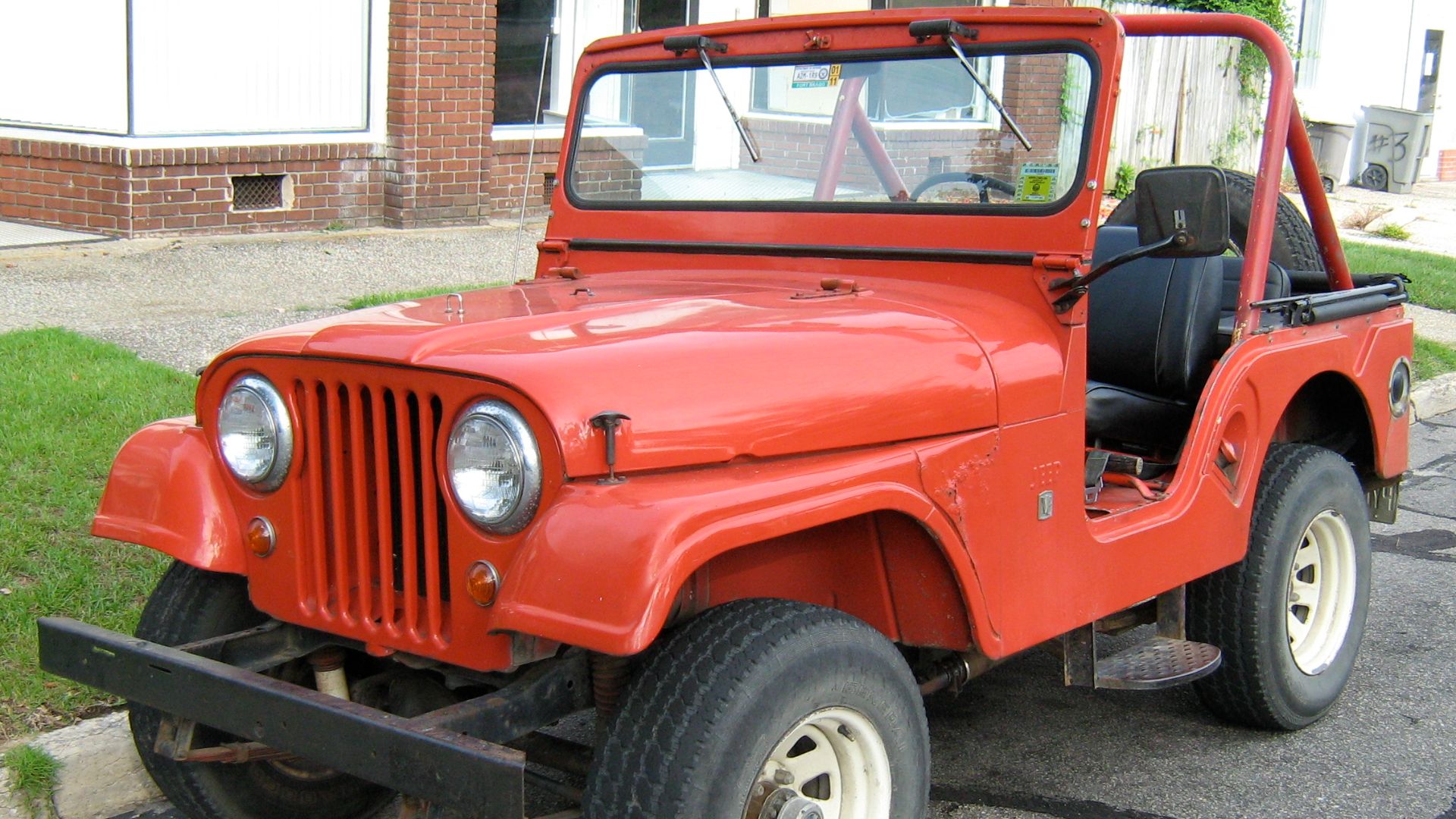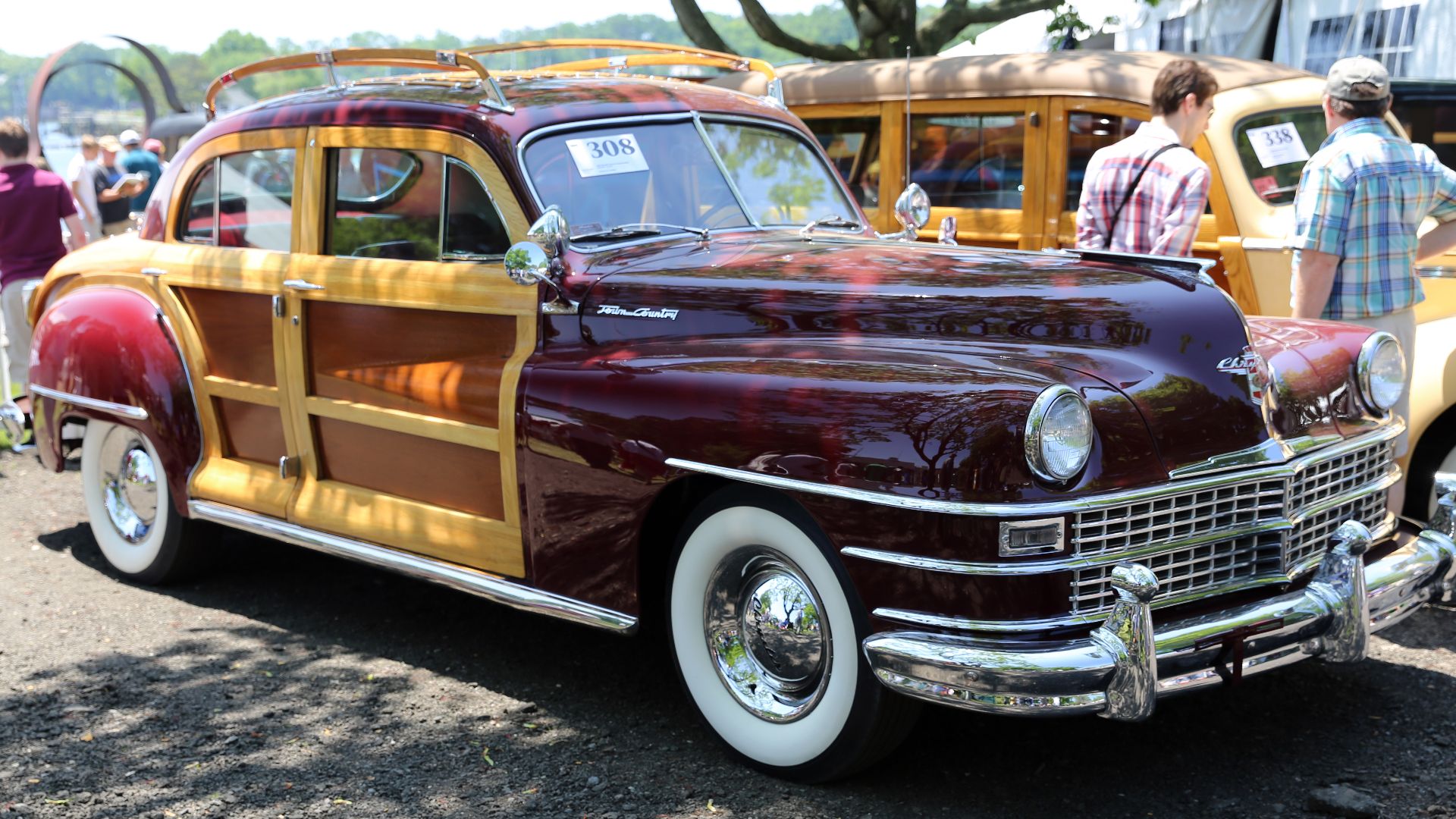The Cars That Defined A Generation
There was a time when sliding behind the wheel felt like touching freedom itself. Roads stretched endlessly, and every gas station stop carried a hint of adventure. For Boomers, their cars were more than transportation—they were proof that life was wide open. Some models still hold that magic decades later. Keep reading to revisit the timeless vehicles that defined an unforgettable generation.
1. 1957 Chevrolet Bel Air
Few cars captured 1950s optimism like the 1957 Bel Air, which offered a 283-cubic-inch V8 producing up to 283 horsepower. Its long 115-inch wheelbase and 200-inch frame turned heads everywhere. With 702,220 sold, the car crowned Chevrolet’s beloved “Tri-Five” lineup.
2. 1965 Ford Mustang
When the Mustang arrived in 1965, it became an overnight sensation—more than 550,000 found owners that first year, and drivers could choose between a 170-cubic-inch six or a 289-cubic-inch V8. Additionally, its debut at the 1964 New York World’s Fair launched the “pony car” movement.
3. 1958–1979 Volkswagen Beetle
Affectionately called the “Bug,” the Volkswagen Beetle charmed drivers with its simple, air-cooled rear engine. By 1972, it had surpassed every rival to become the world’s best-selling car. Its nearly unchanged design made it instantly recognizable across generations.
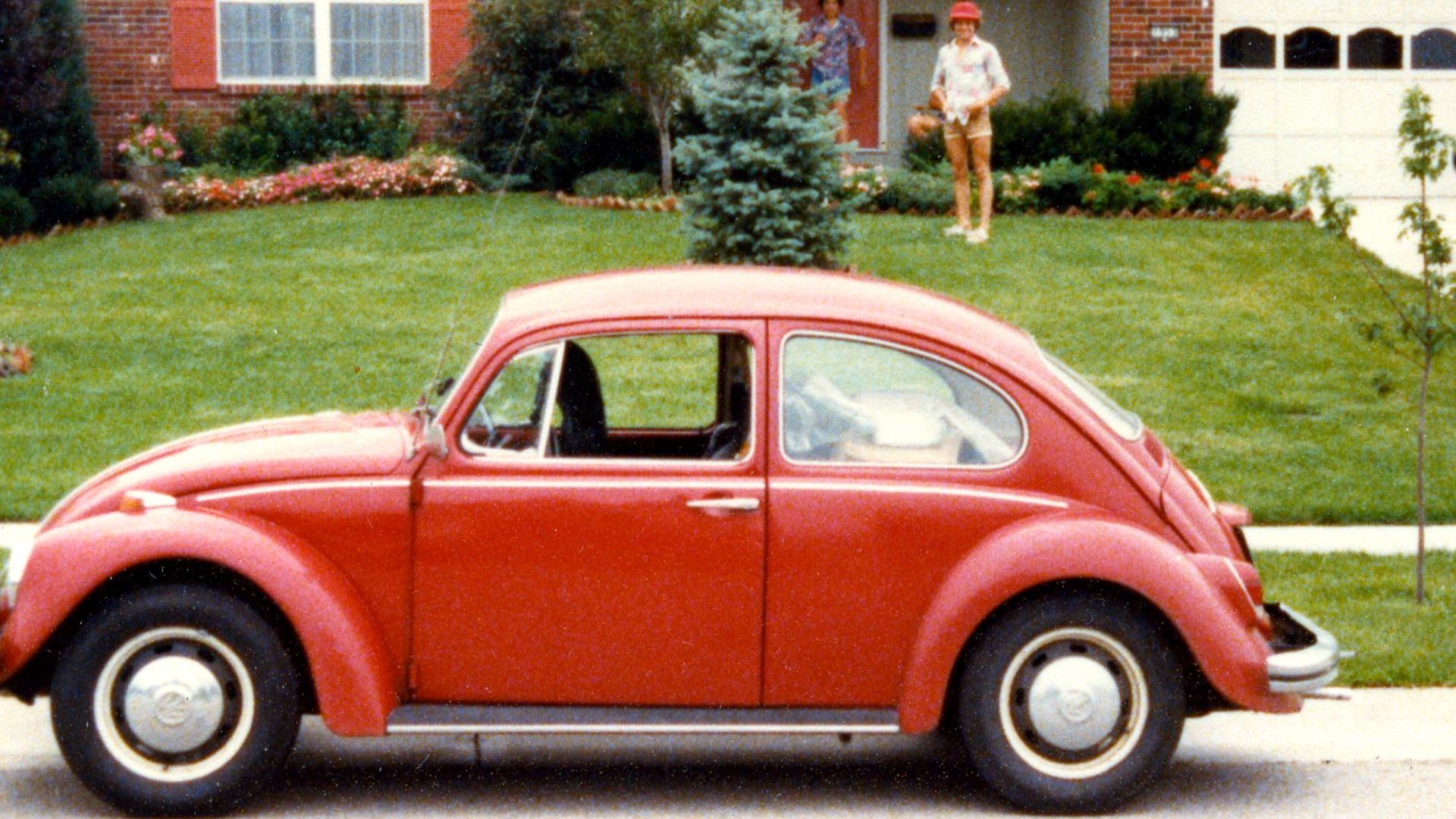 George Garrigues, aka GeorgeLouis on Wikimedia
George Garrigues, aka GeorgeLouis on Wikimedia
4. 1959 Cadillac Eldorado
Tailfins reached their wildest expression on the 1959 Cadillac Eldorado, complete with dual bullet taillights and bold chrome trim. Beneath the glamour sat a 390-cubic-inch V8 producing 345 horsepower. Only 1,320 Biarritz convertibles rolled out that year, sealing its mystique.
5. 1963–1967 Chevrolet Corvette C2 Sting Ray
Not every redesign rewrites the rules, but the C2 Corvette did. It introduced independent rear suspension and debuted the unforgettable 1963 split-window coupe. Offered as a coupe or convertible, the “Sting Ray” took inspiration from a racing-inspired concept car.
6. 1955–1957 Ford Thunderbird
Aiming to rival the Corvette, Ford’s first Thunderbird mixed power with polish. Its 292-cubic-inch V8 came standard, while later years added a 312 option for extra punch. Marketed as a “personal luxury car,” it sold 16,155 units in its 1955 debut.
7. 1968–1970 Dodge Charger
Aggressive lines, a split front bumper, and hidden headlights gave the late-’60s Charger an unmistakable presence. The 1969 R/T version could pack a 426 Hemi V8, and the Daytona edition even sprouted a giant rear wing built purely for NASCAR dominance.
8. 1964–1974 Pontiac GTO
Car enthusiasts credit the Pontiac GTO with launching the muscle car era. Its 389-cubic-inch V8 made power accessible to everyday drivers. The Ferrari-inspired name added flair, and by 1970, the “Judge” edition—with its spoiler and wild graphics—ruled the streets.
9. 1967–1969 Chevrolet Camaro (1st Gen)
Born to challenge the Mustang, the first Camaro made an instant statement. Engine choices ranged up to a 396-cubic-inch V8 for serious speed. The name, said to mean “friendly companion” in French, fit perfectly for a car that loved competition.
10. 1970–1974 Plymouth Barracuda
Plymouth’s third-generation Barracuda shared the E-body platform with the Dodge Challenger and could house a ferocious 426 Hemi V8. Debuting two weeks before the Mustang gave it early bragging rights, and the ultra-rare ’71 Hemi convertible—just 11 built—secured lasting legend status.
11. 1966–1977 Ford Bronco (1st Gen)
Built to challenge the Jeep CJ-5, the first Ford Bronco carved its own niche in off-road culture. Designers gave it a solid front axle and three distinct body styles: wagon, pickup, and roadster. With a unique chassis, it became a restorer’s dream.
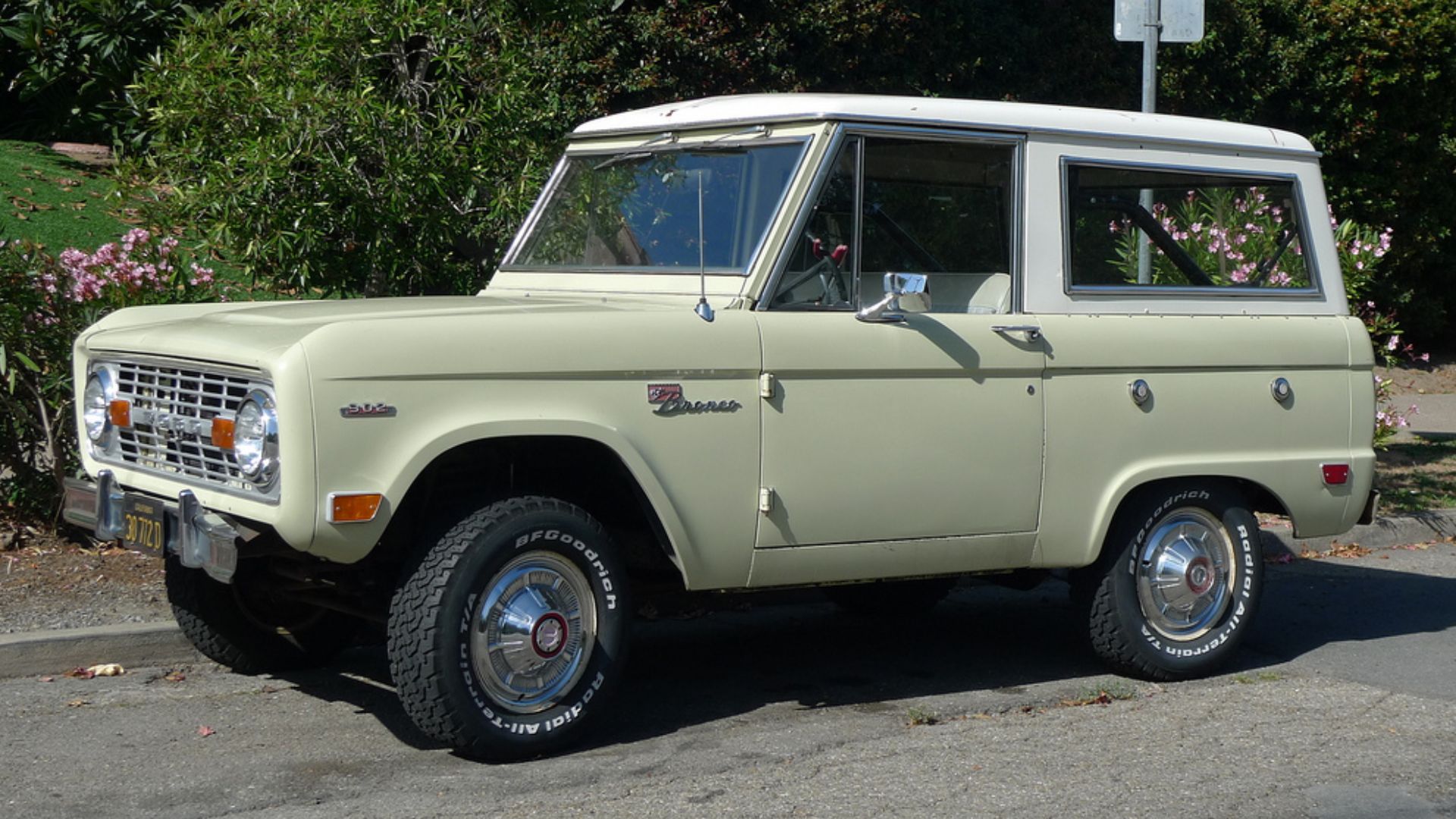 Andrew Duthie from Nashville, TN, USA on Wikimedia
Andrew Duthie from Nashville, TN, USA on Wikimedia
12. 1959–1987 Chevrolet El Camino
Half car, half pickup, the El Camino blurred the line between work and style. Chevrolet launched it in 1959 on the Brookwood wagon chassis for flexibility and flair. Later, the 1970 SS with a 454 V8 turned utility into full-blown muscle.
13. 1950–1979 Volkswagen Type 2 Microbus
More than transportation, the Volkswagen Microbus carried a movement. The rear-mounted, air-cooled engine reflected Beetle simplicity, while the spacious design invited adventure. Across generations, nicknames like “VW Bus” and “Kombi” endured as symbols of freedom and counterculture cool.
14. 1960–1976 Chevrolet Suburban (5th–6th Gen)
Few vehicles lasted like the Chevrolet Suburban, the longest-running nameplate in automotive history. Built on a truck chassis, the car seated up to nine passengers with ease. Early versions, designed for both work and family use, came in two- or three-door layouts.
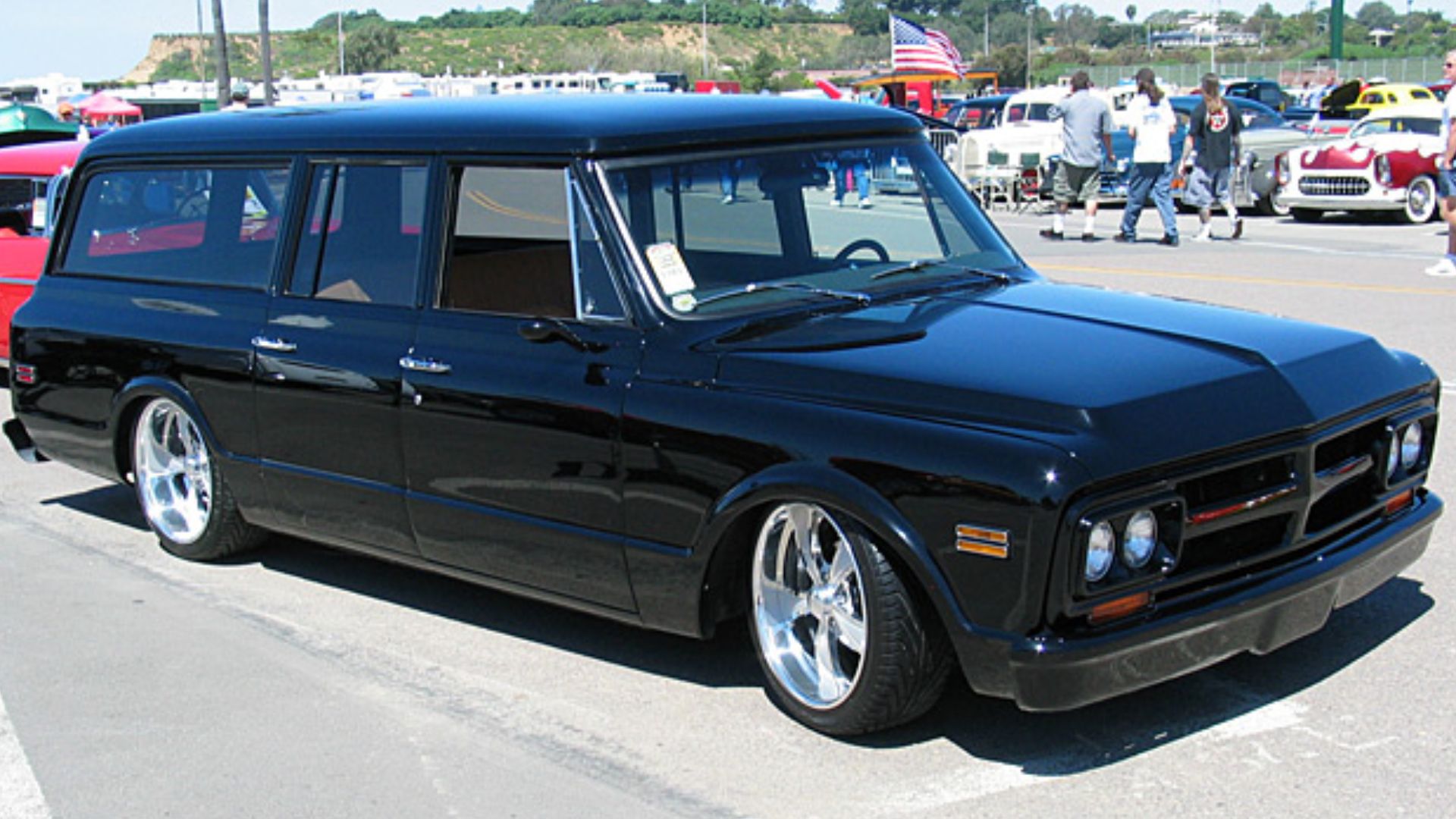 Gunot06 at en.wikipedia on Wikimedia
Gunot06 at en.wikipedia on Wikimedia
15. 1969–1978 Ford Country Squire Wagon
America’s suburban dream had a soundtrack—and a Ford Country Squire in the driveway. Its faux-wood panels and full-size comfort defined family travel. Beloved by growing households and Hollywood directors alike, this flagship wagon turned practicality into a symbol of togetherness.
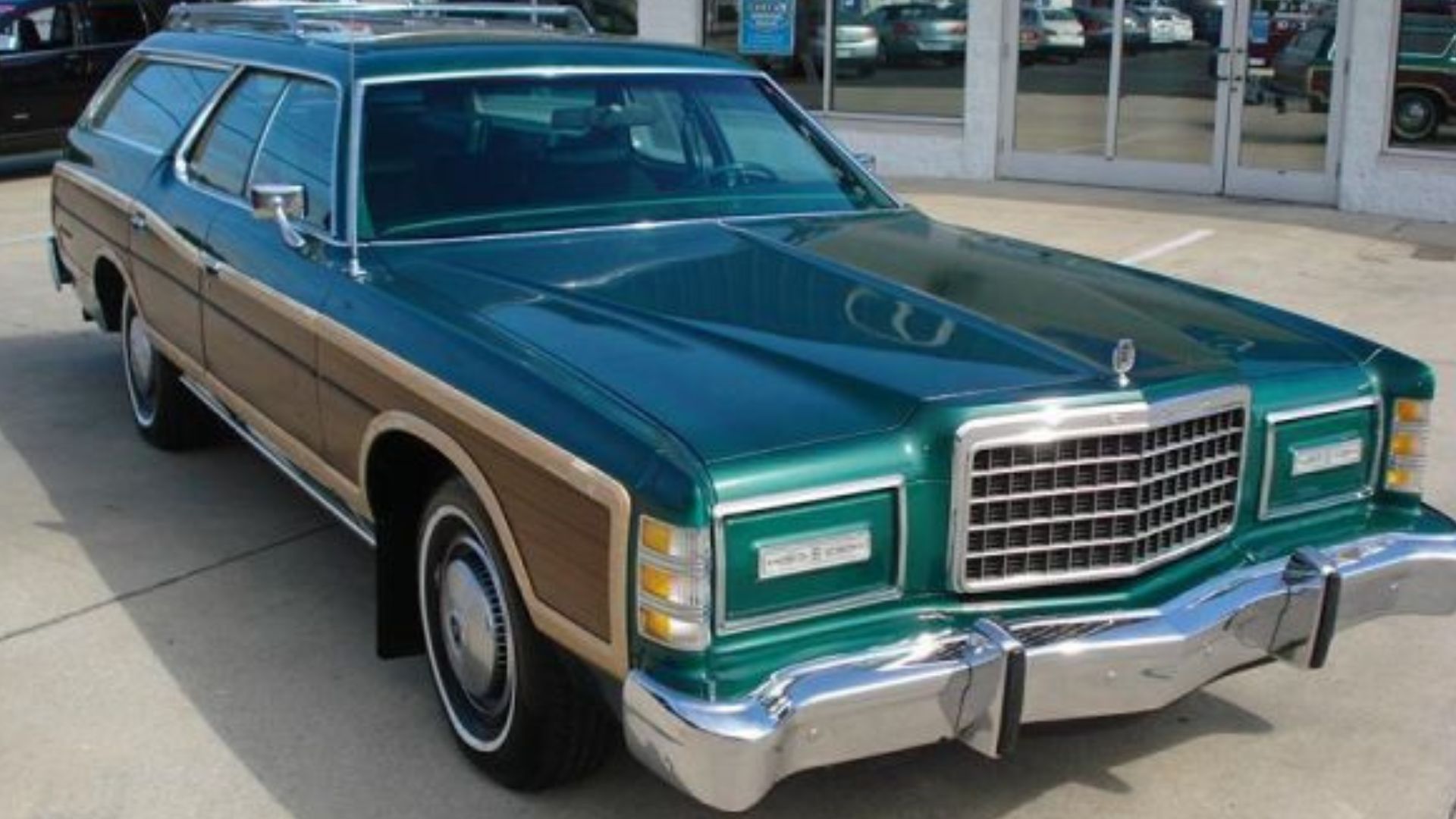 That Hartford Guy on Wikimedia
That Hartford Guy on Wikimedia
16. 1970–1978 AMC Gremlin
AMC’s Gremlin broke convention as one of America’s first subcompacts. Its quirky shape came from slicing the rear off an AMC Hornet, creating something unmistakable. Riding on a shortened Hornet platform, it earned fame through playful ads—one even featured a mischievous pet gremlin.
17. 1961–1969 Chevrolet Impala SS
Chevrolet’s Impala SS ruled the 1960s with style and strength. The 1961 version could pack a 409-cubic-inch V8, making it a street legend. Its Super Sport badge stood for more than performance—it represented an era obsessed with power, polish, and pop culture.
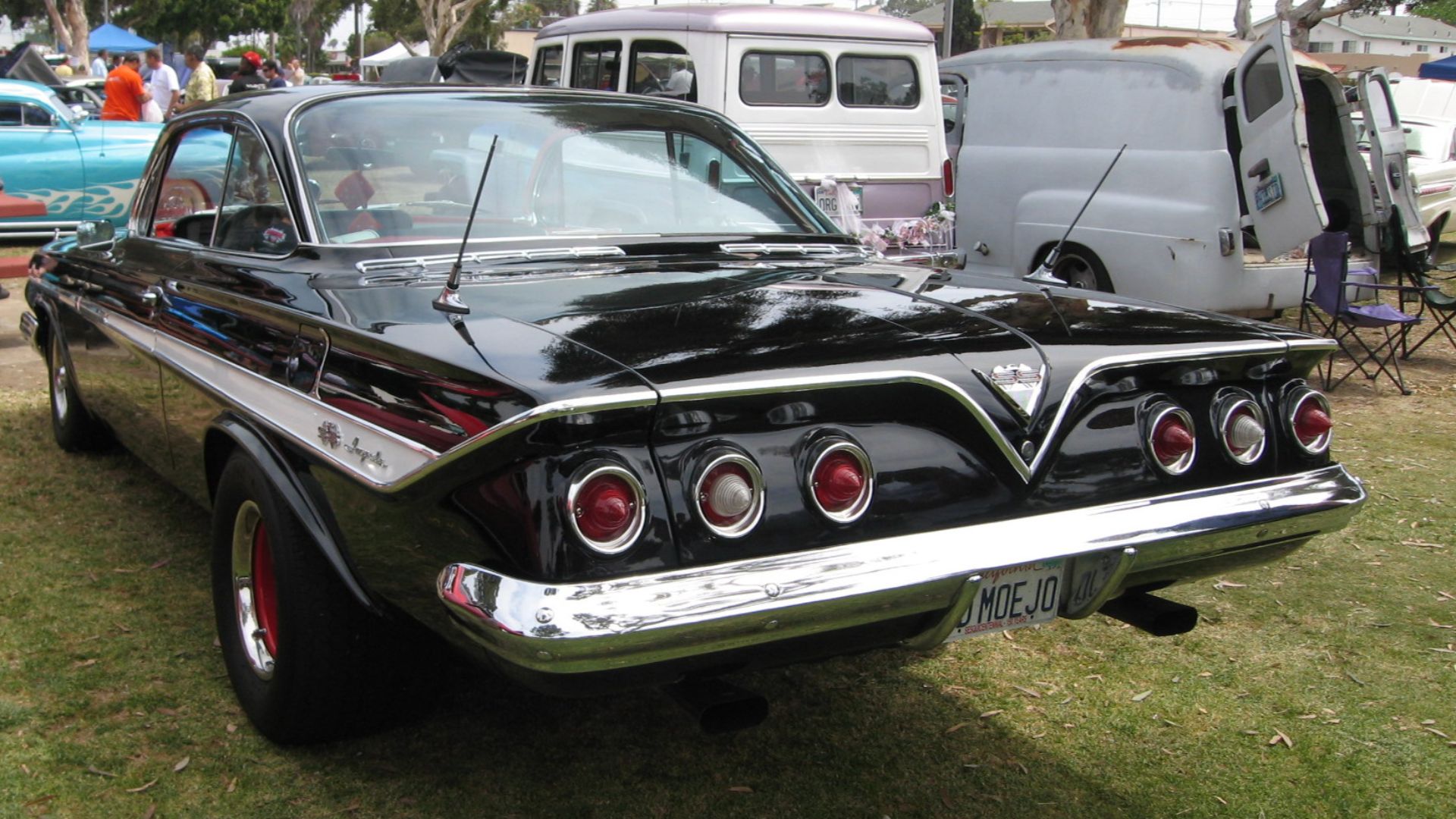 Jlantzy (Jamie Lantzy) on Wikimedia
Jlantzy (Jamie Lantzy) on Wikimedia
18. 1955–1983 Jeep CJ-5
Born from battlefield grit, the Jeep CJ-5 drew its design from the military M38A1 used in Korea. Production spanned nearly three decades, proof of its durability. Off-road enthusiasts also praised its rugged build, especially after the V6 option appeared in 1965.
19. 1964–1972 Oldsmobile 4-4-2
Oldsmobile’s 4-4-2 started as a Cutlass option and quickly earned a life of its own. Its name signified a 4-barrel carburetor, 4-speed gearbox, and dual exhausts. By 1970, the W-30 version delivered blistering muscle worthy of its fearsome reputation.
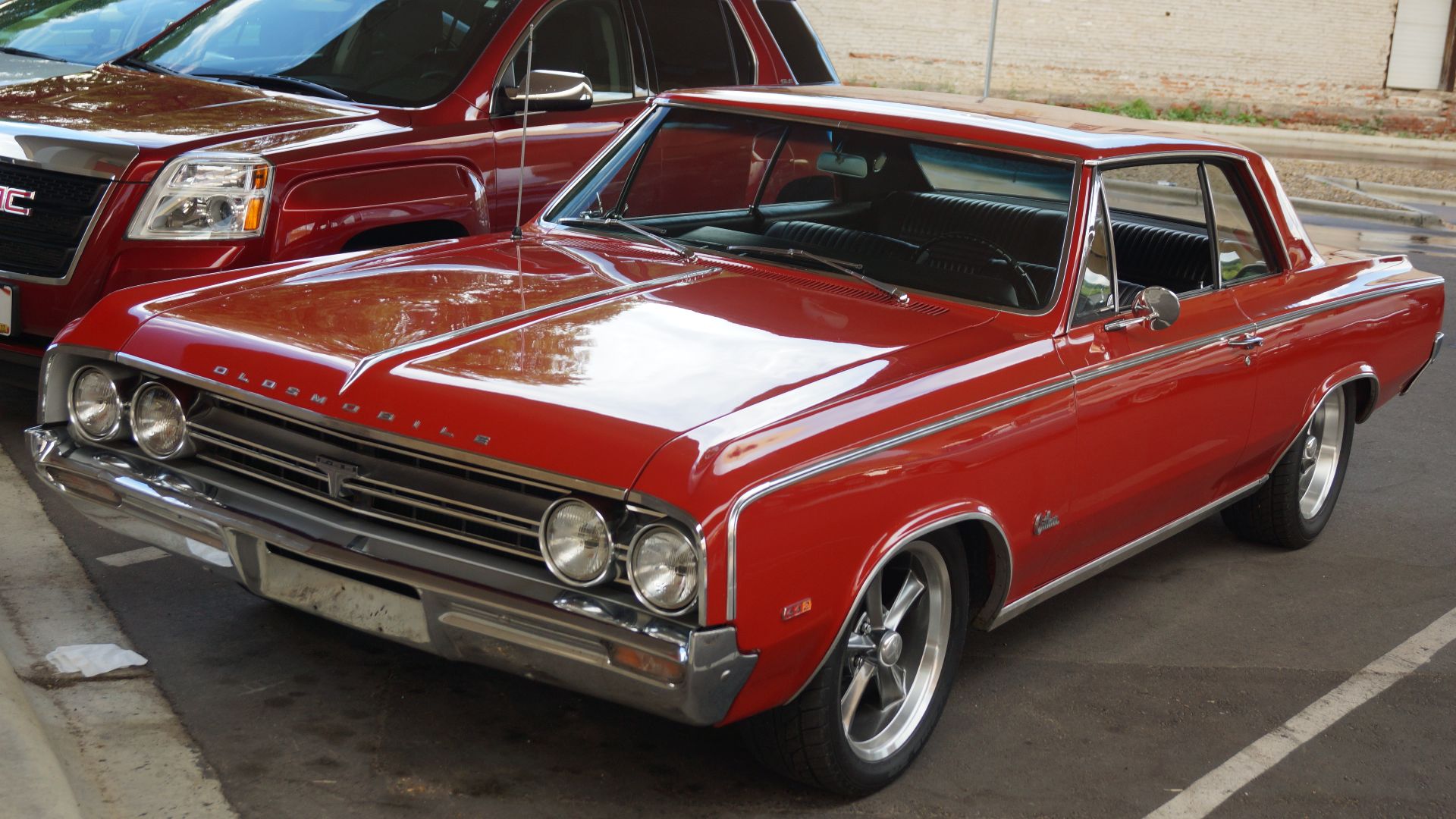 Greg Gjerdingen from Willmar, USA on Wikimedia
Greg Gjerdingen from Willmar, USA on Wikimedia
20. 1947–1984 Chrysler Town & Country Woody
Luxury met workmanship in Chrysler’s Town & Country Woody, famed for its real wood body panels. Once a status symbol for postwar families, the car later adopted simulated vinyl “wood.” Whether sedan or wagon, it symbolized elegance with an unmistakable American flair.


